#jane eyre
Text
The ultimate goal would be to gather all the blorbos together and put them in the same room. And I mean ALL
You bring me the Doctors with the universal translator so Eponine can hang with Elizabeth Bennet & Fanny Price and I want Legolas to meet Benedick from Much Ado about Nothing, not for any particular reason, I just want to know if they'd be friends. I think Marianne Dashwood would love Gilbert Markham and and Jane Eyre needs to have a serious discussion with the second Mrs. De Winter and maybe they could both give some advice to Rosamund from A Long Fatal Love Chase. What do Gandalf and Merlin think of Prospero and Howl? Can Princess Bubblegum do some mad science with Viktor Frankenstein?
The possibilities are literally endless.
#all the blorbos!#mix them and see what comes out!#I'm going to tag everything just so you know what is here#lord of the rings#pride & prejudice#mansfield park#much ado about nothing#doctor who#les miserables#the tenant of wildfell hall#sense and sensibility#jane eyre#rebecca#a long fatal love chase#king arthur#the tempest#adventure time#frankenstein#howl's moving castle
54 notes
·
View notes
Text

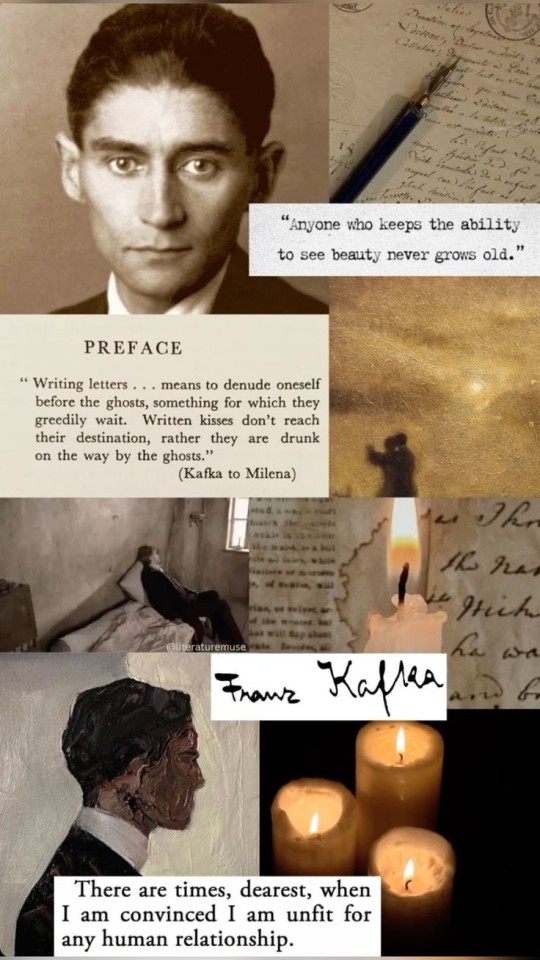

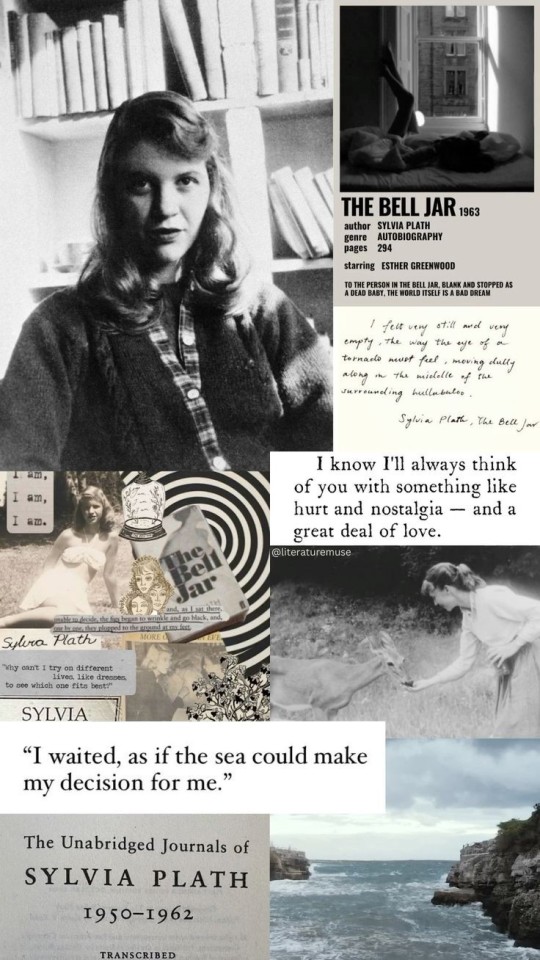

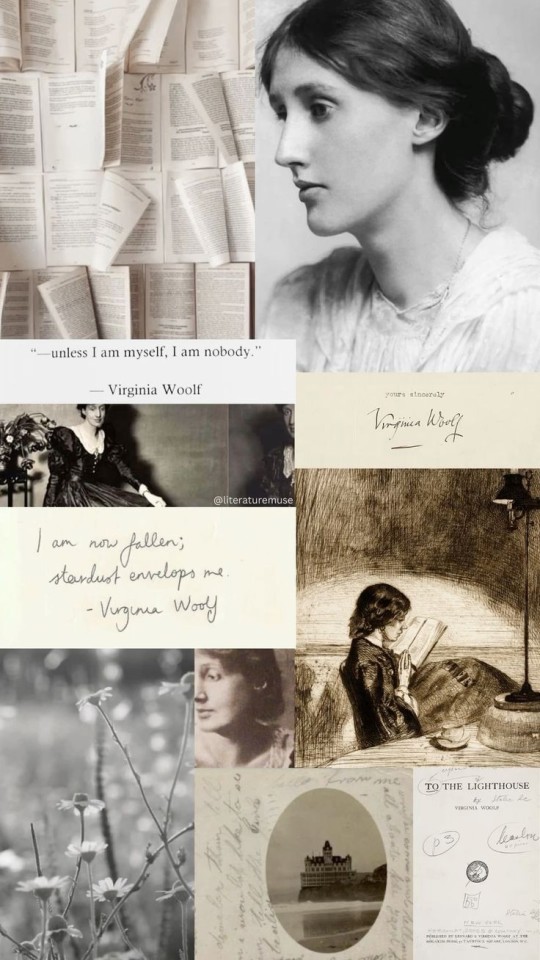
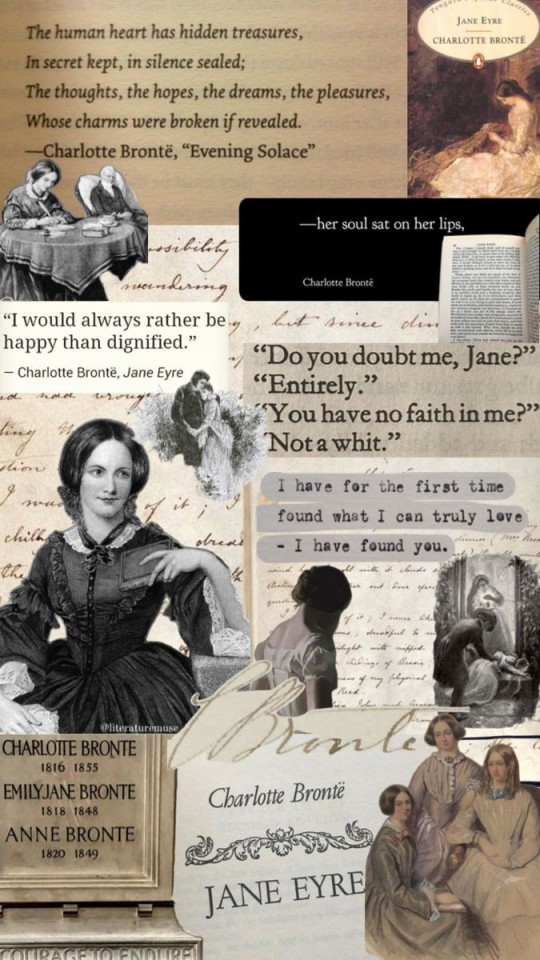
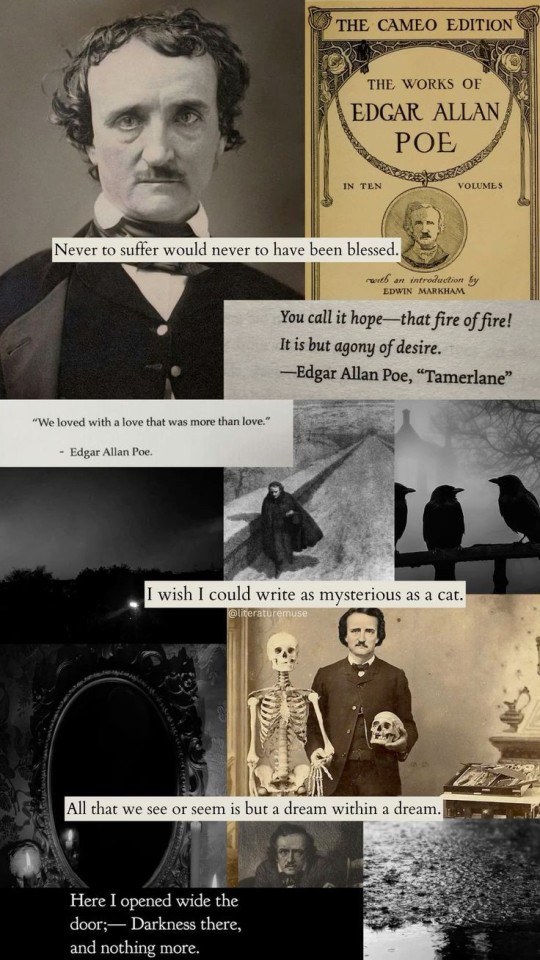

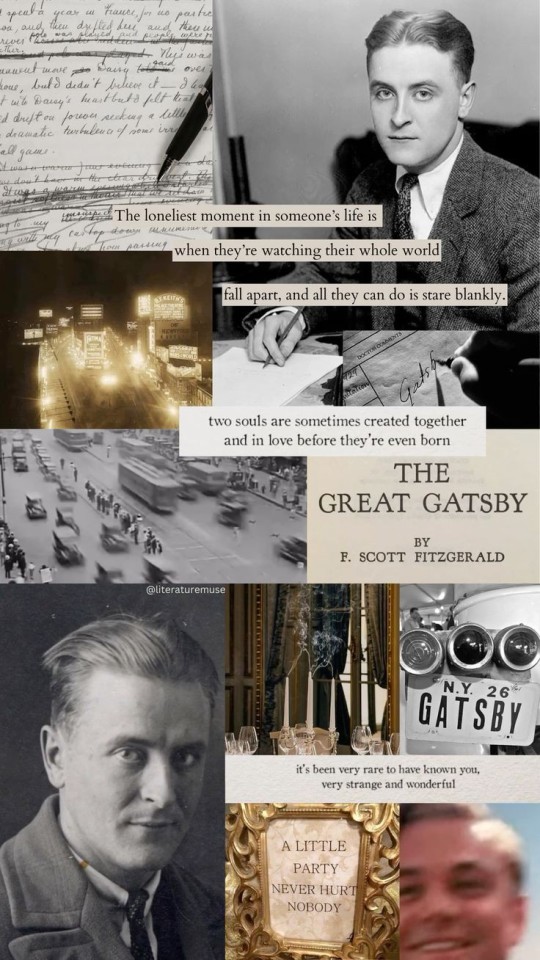
You say escape i heard literature.
Pc- Pinterest
#quotes#books & libraries#literature#franz kafka#fyodor dostoevsky#tumblr#slyvia plath#george orwell#virginia woolf#edgar allan poe#f scott fitzgerald#ernest hemingway#jane austen#jane eyre#collage#pinterest#classic literature#life
28 notes
·
View notes
Text
You know, I remember both before and after TLJ dropped people were calling Reylo "Space Pride & Prejudice" but there was one person I recall who said right after getting out of the theater "We were wrong. Kylo isn't Space Darcy, he's Space Rochester" and they were totally right.
Like, P&P really doesn't have that much in common with Reylo. P&P is about misjudging people. Lizzie rejects Darcy at the midpoint of the story because she's had a bad impression of him the whole time and the sudden revelation that he's in love with her does nothing to improve her opinion because Darcy's still clearly communicating that he thinks poorly of her rank and relations and remorselessly sabotaged her sister's relationship with Bingley. By contrast, Jane Eyre is madly in love with Rochester by the story's midpoint but rejects him because there's no way for them to be together without compromising her integrity.
It's easy for Lizzie to reject Darcy because she doesn't like him at all, but it takes Jane tremendous strength to resist temptation and leave Rochester. Rey clearly likes Ben by the end of TLJ. She wouldn't have confided in him, touched his hand, and FedExed herself to the Supremacy if she didn't already like him, and is clearly devastated to have to say "No" when he proposes to her. She even explicitly states in TROS that she was tempted to take his hand. But she didn't, because she would've had to compromise her morals to be with Ben while he was still on the Dark Side. Just like Jane, Rey is someone who's always craved love, so the hardest thing in the world for her is finding her soulmate, only to have to tear herself away from him just when happiness is within her grasp.
#star wars#reylo#rey#kylo ren#ben solo#pride & prejudice#jane eyre#rochester even got the skywalker special in the book
19 notes
·
View notes
Text
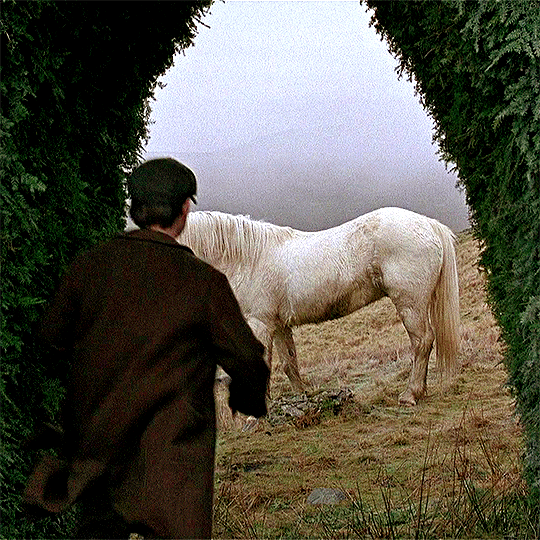
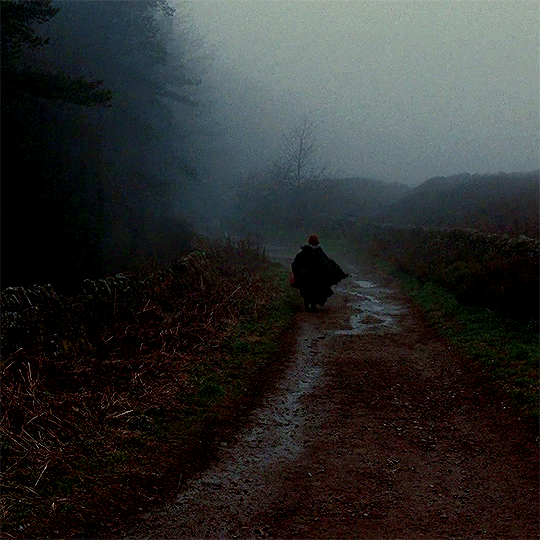

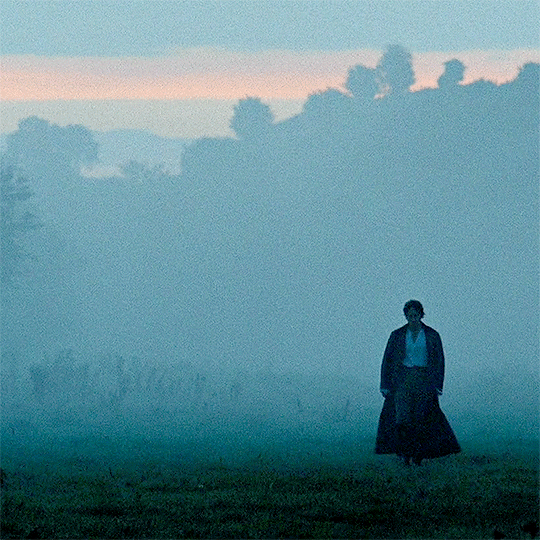
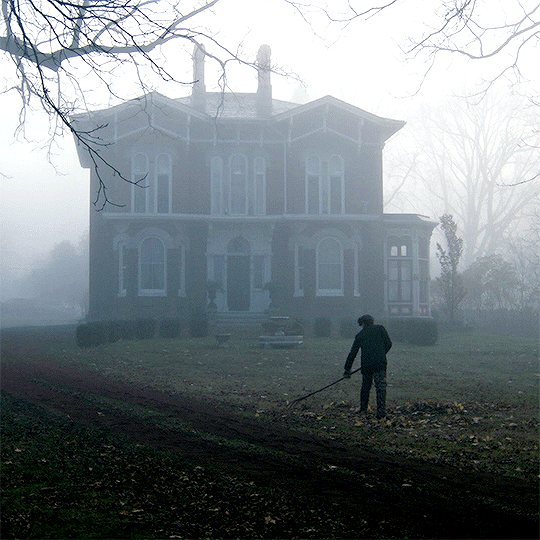

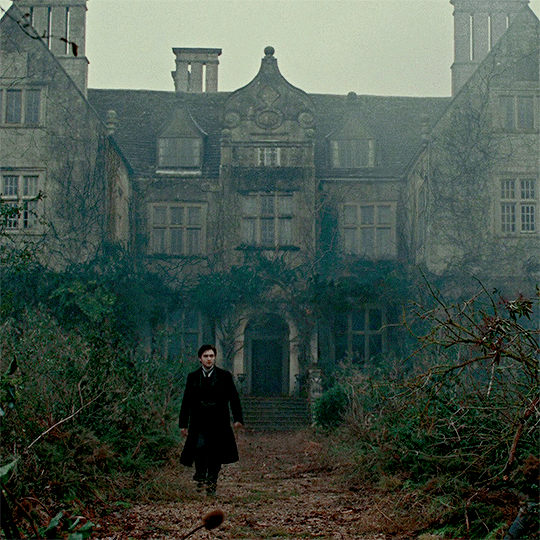
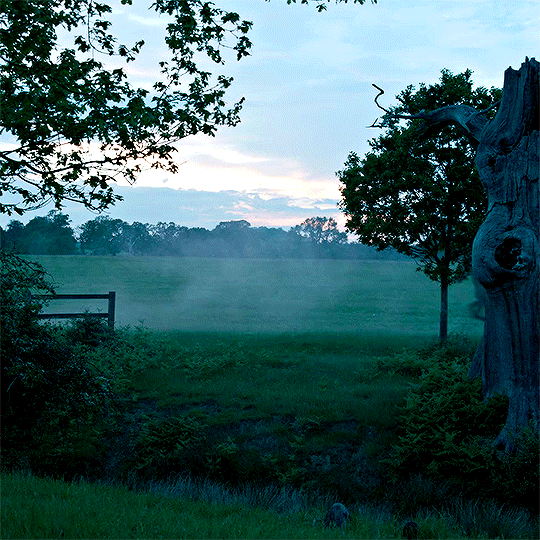
It was an evening of grey fog that had crept in from the gulf, swathed the harbor, filled the glens and valleys, and clung heavily to the autumnal meadows. Through it the sea sobbed and shuddered.
period drama + fog/mist
THE SECRET GARDEN (1993)
JANE EYRE (2011)
EMMA. (2020)
PRIDE AND PREJUDICE (2005)
ANNE WITH AN E (2017 - 2019)
THE HANDMAIDEN (2016)
THE WOMAN IN BLACK (2012)
BRIDGERTON (2020 - )

#period drama#perioddramaedit#filmedit#tvedit#austenedit#filmgifs#perioddramasource#userbennet#tusereliza#userpavlova#tuserbea#userseeleybooth#userperioddrama#the secret garden#jane eyre#emma 2020#pride and prejudice#anne with an e#the handmaiden#the woman in black#bridgerton#*film#*compilation#*
7K notes
·
View notes
Text
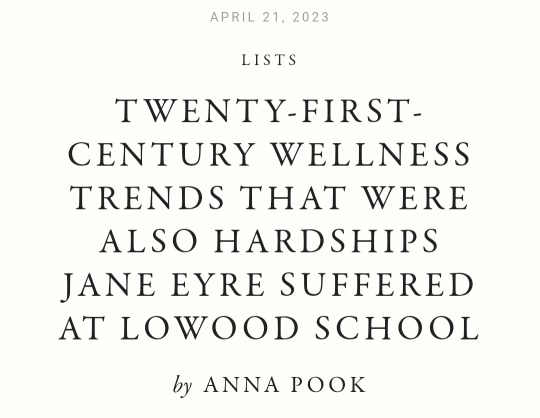
Link to listicle
19K notes
·
View notes
Text
never related to authors being like "childhood is such a blessed innocent time", catch me with that jane eyre shit like "such dread as children only can feel" and "I then sat with my doll on my knee til the fire got low, glancing round occasionally to make sure nothing worse than myself haunted the shadowy room"
18K notes
·
View notes
Text
knuckle tattoos that say JANE EYRE
9K notes
·
View notes
Text
she’s really on to something here
18K notes
·
View notes
Text

Charlotte Brontë, from Jane Eyre
3K notes
·
View notes
Photo

Charlotte Brontë, from “Jane Eyre”
7K notes
·
View notes
Text
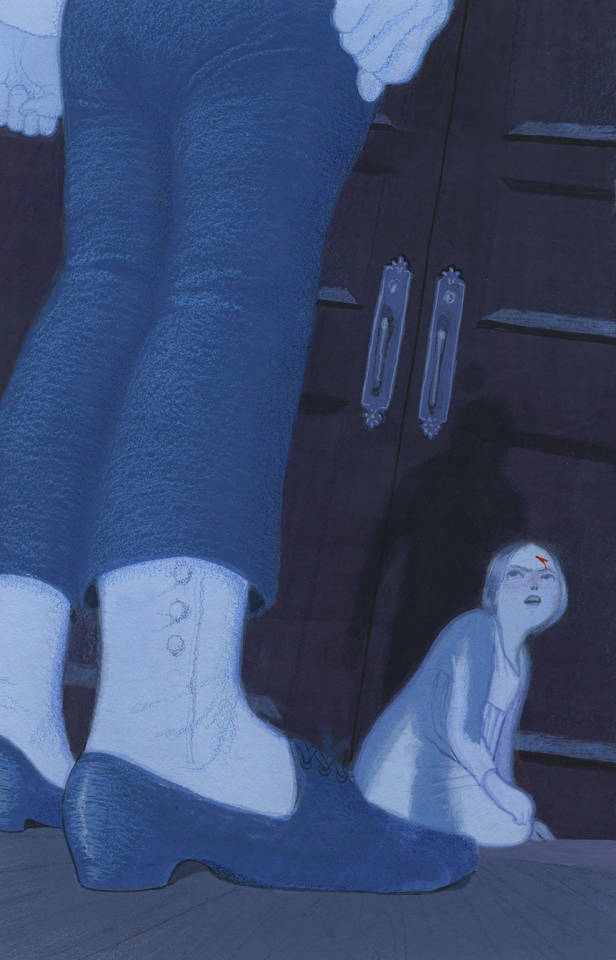
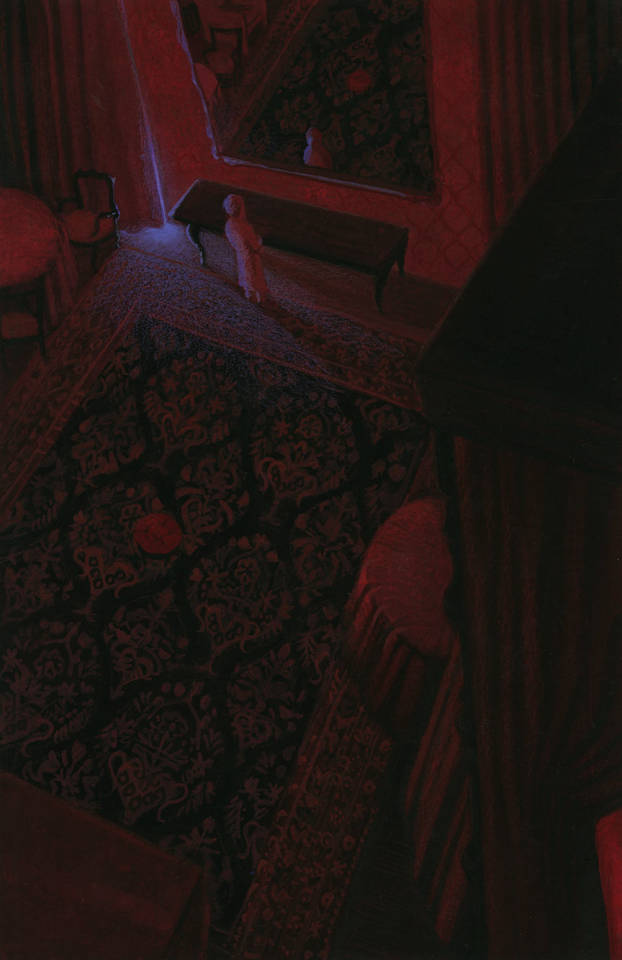
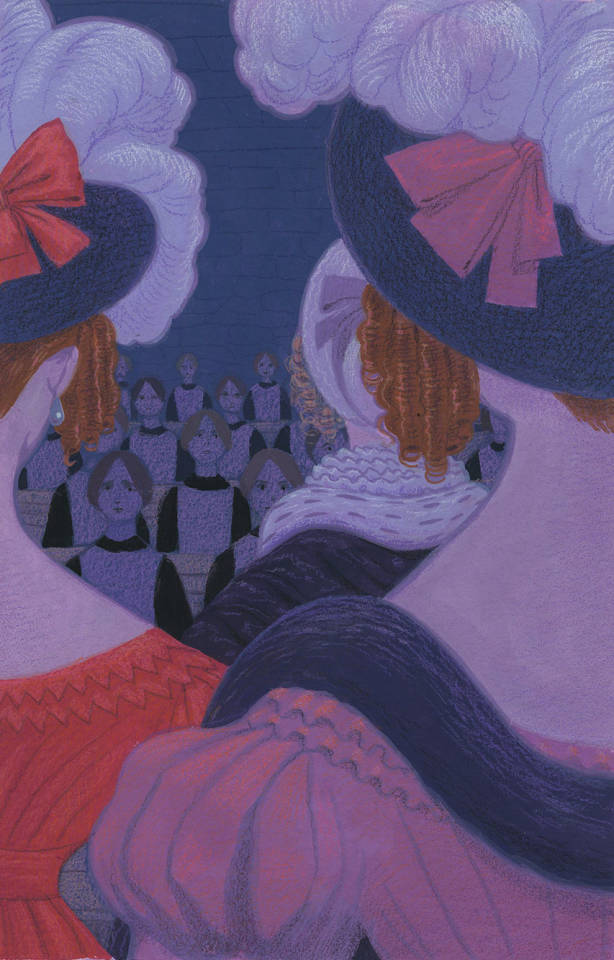
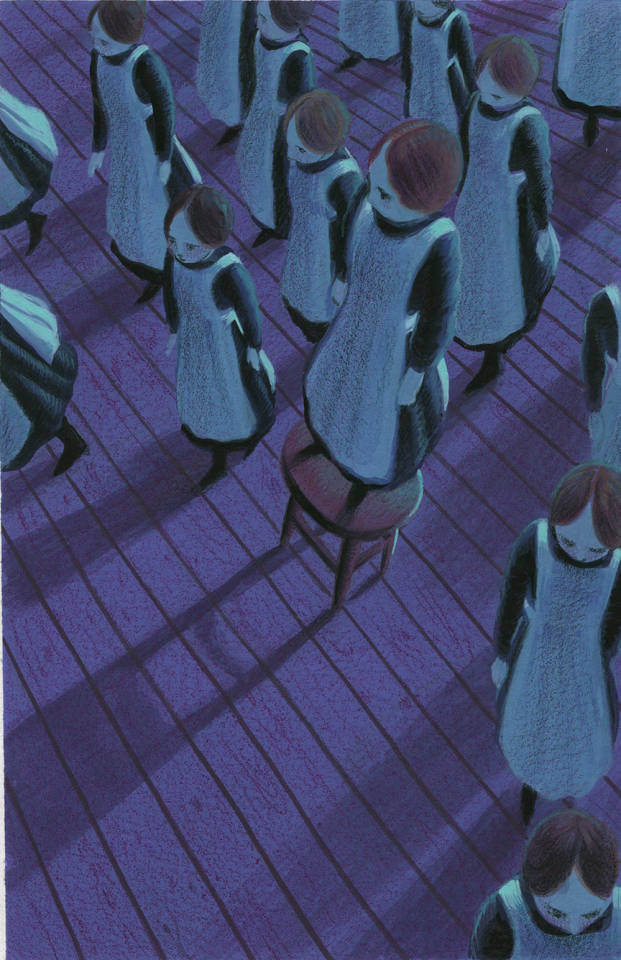
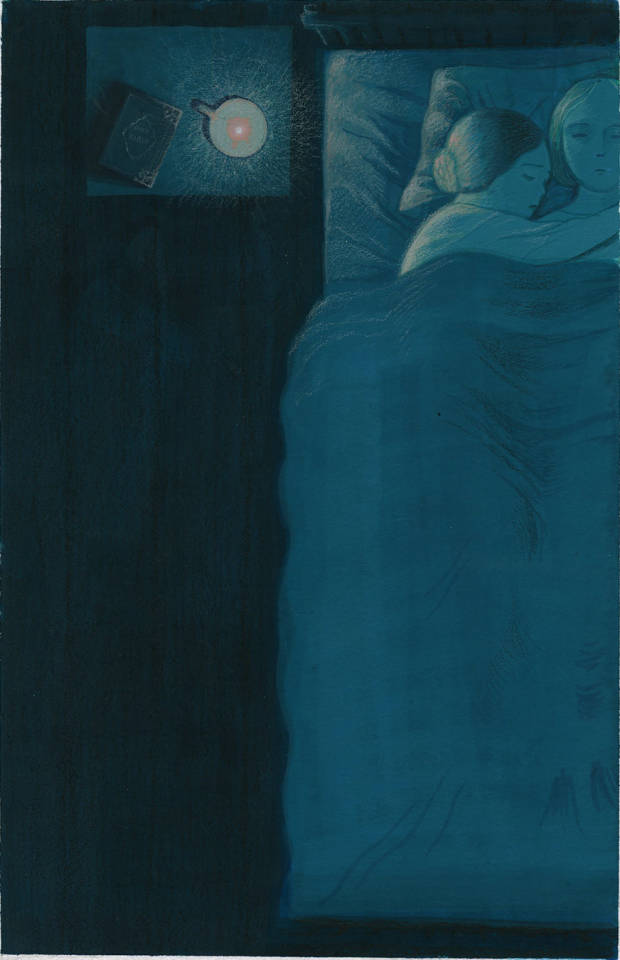


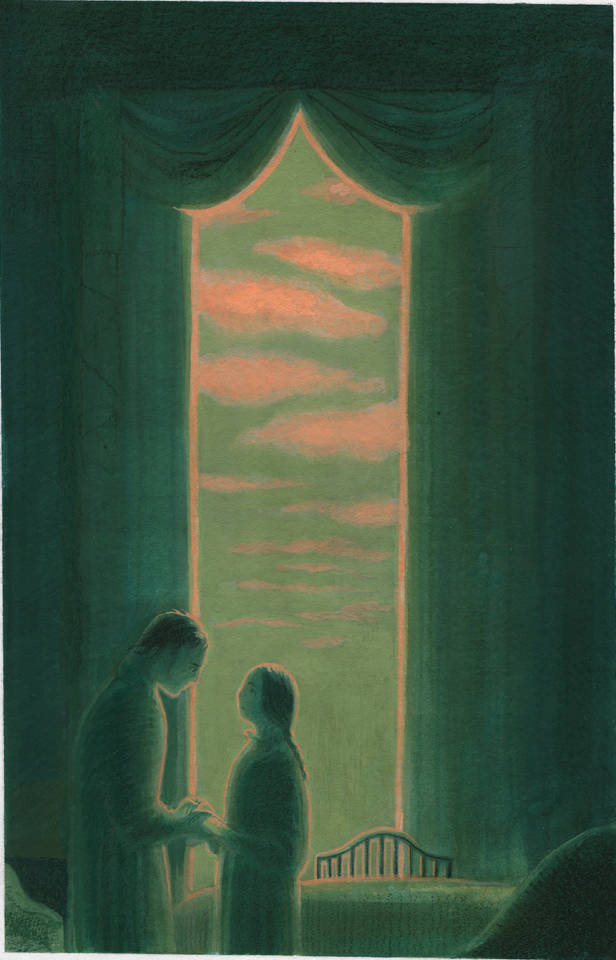
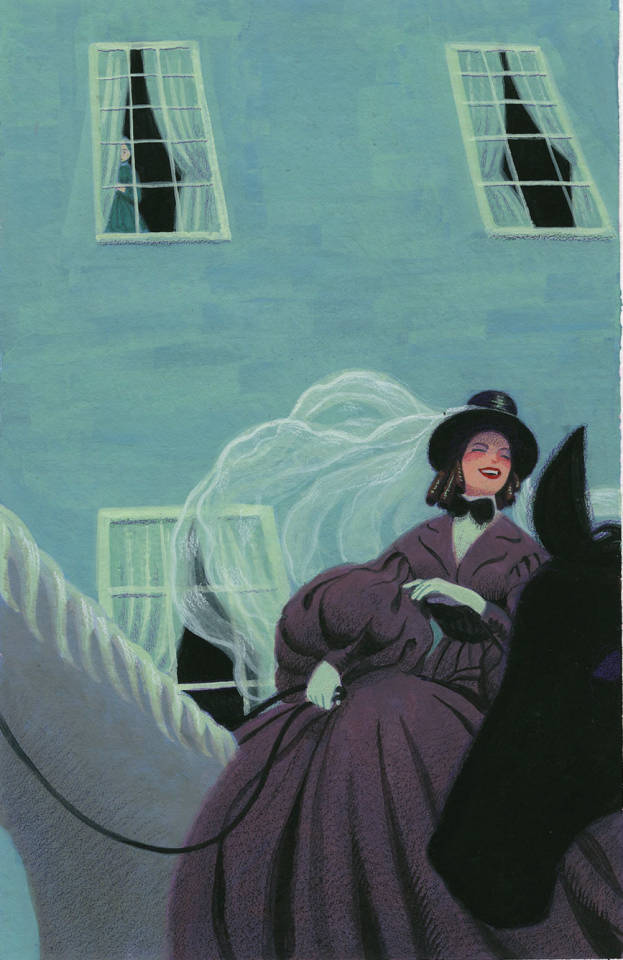
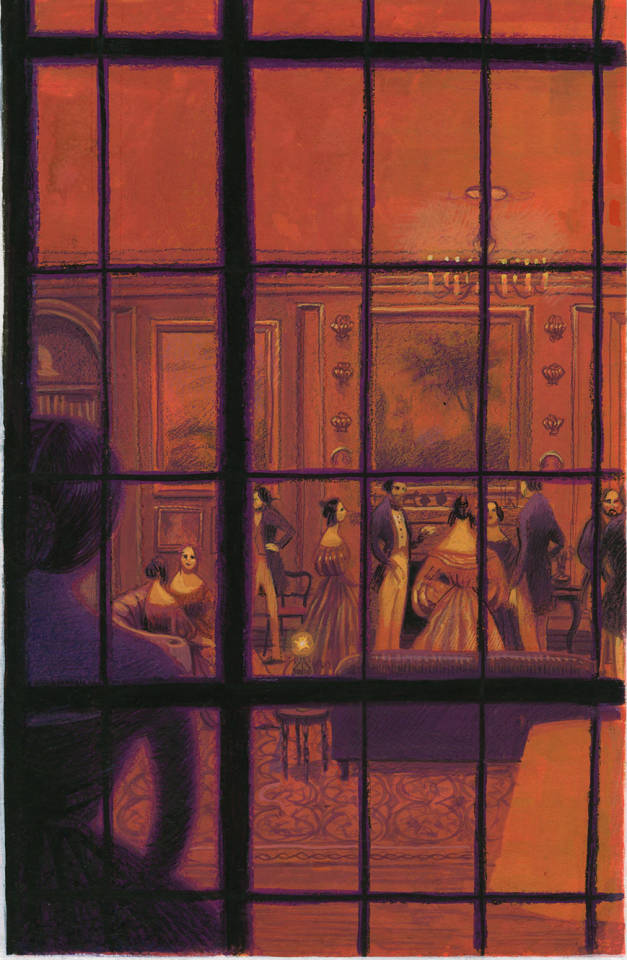


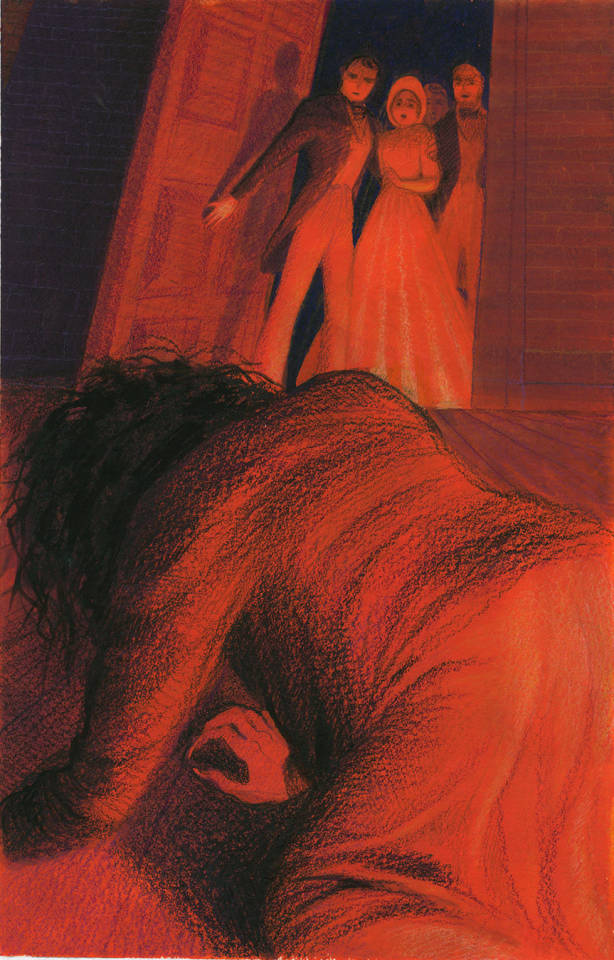
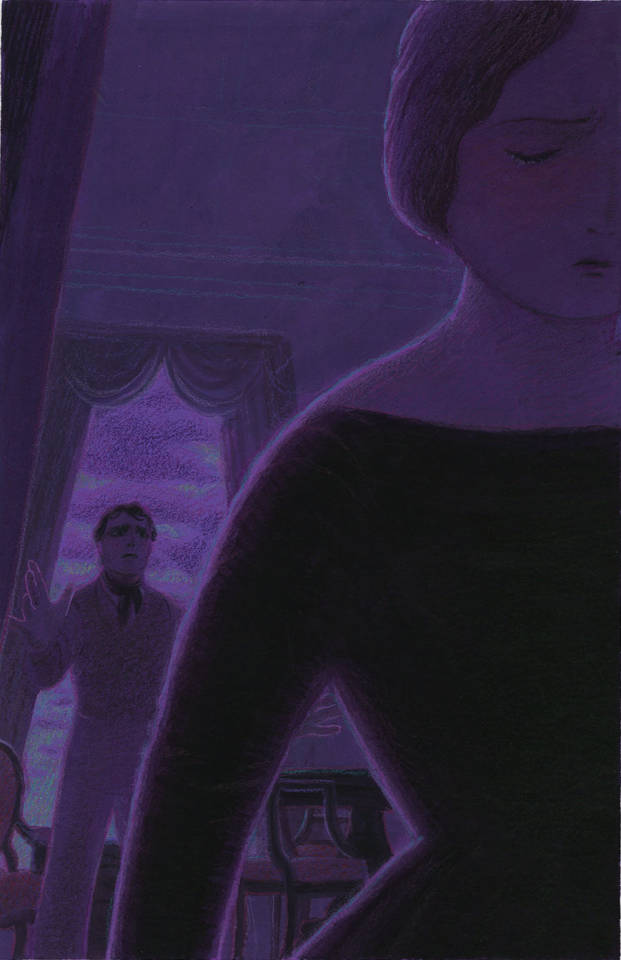
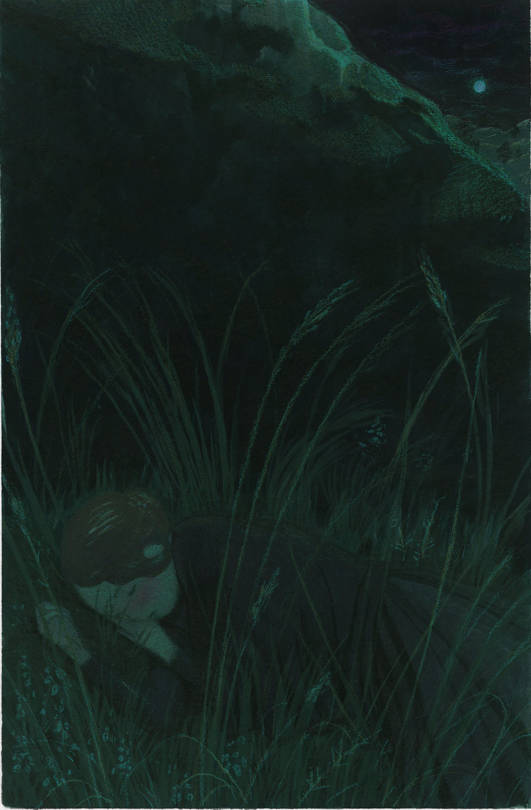
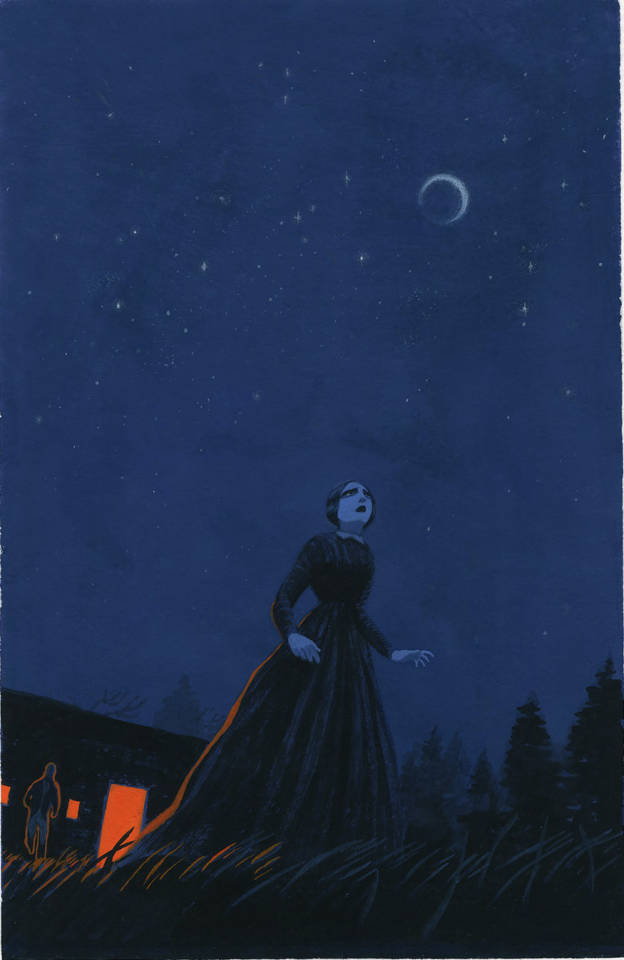
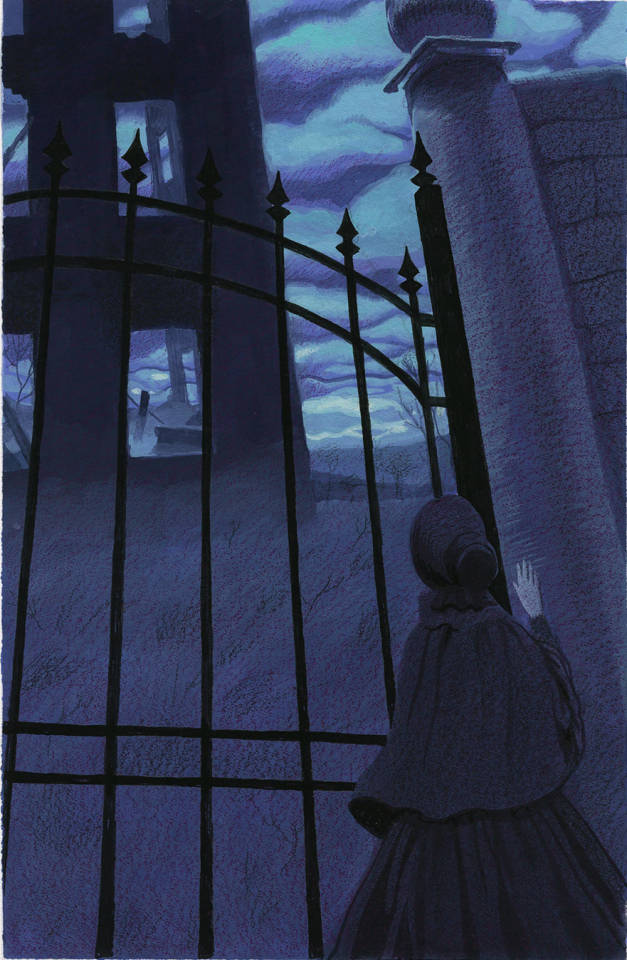

Illustrations by Sophie Margolin for Charlotte Brontë's Jane Eyre.
#THE COLOR SCHEMES... THE COMPOSITION.... THE VIBES!!!!!#IM OBSESSED WITH THESE#I may delete this though bcs I don't have her permission to post these#anyways!#jane eyre#illustrations#mine
9K notes
·
View notes
Text
the thing is with rochester and jane is that they're insane best friends. like it's easy to call rochester weird but you cannot make an adaptation of jane eyre where you don't establish the fact the reason rochester falls for jane in the first place and why they bridge that huge gap they have in terms of age and experience is that she's the only one out there that's as weird and offputting as he is. that's literally mr and mrs bozo
1K notes
·
View notes
Text
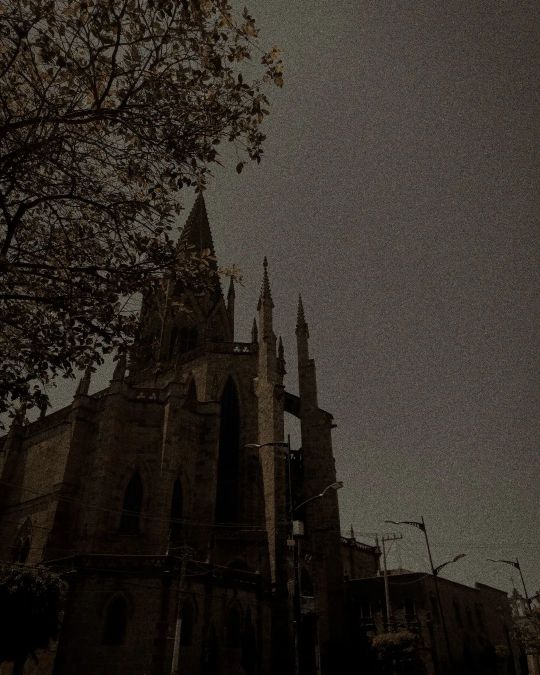

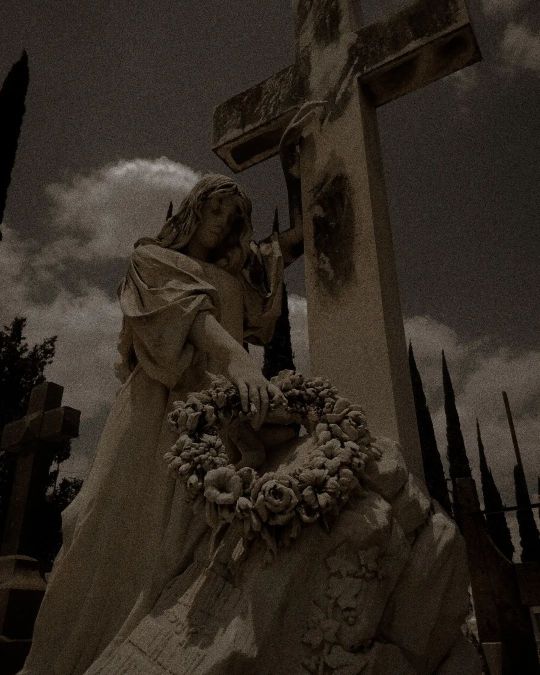



Instagram credit: coffeeyre
#jane eyre#charlotte bronte#books#dark academia aesthetic#dark academia#sculpture#gothic architecture#classic literature#literature#piano#cats#catblr#academia#dark#gothic aesthetic#gothic#academia style
4K notes
·
View notes
Photo


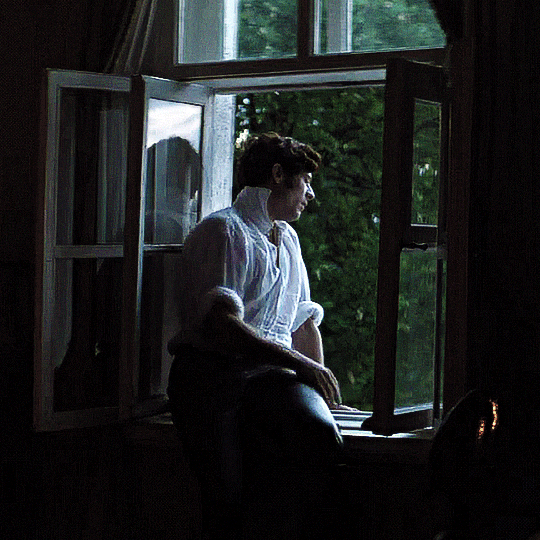
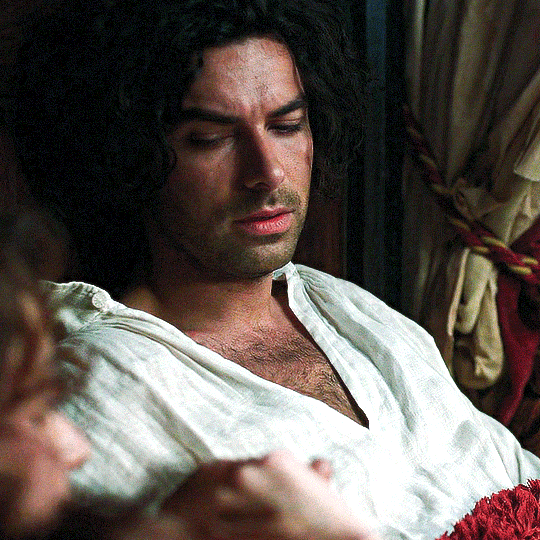
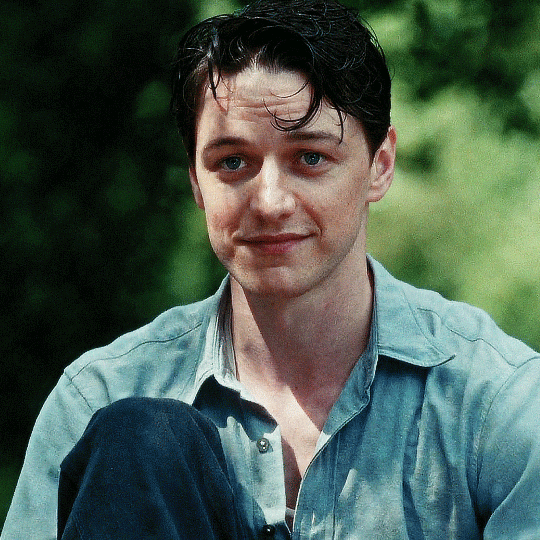


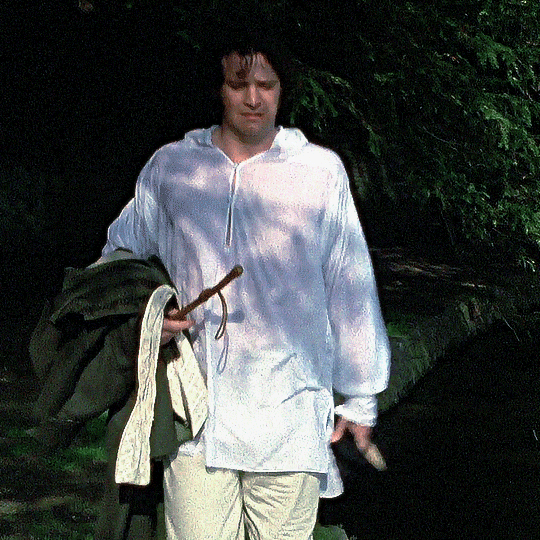
PERIOD DRAMA + SLUTTY SHIRTS
Pride & Prejudice (2005) dir. Joe Wright
Bridgerton (2020-) created by Chris Van Dusen
War & Peace (2016) dir. Tom Harper
Poldark (2015-2019) created by Debbie Horsfield
Atonement (2007) dir. Joe Wright
Jane Eyre (2011) dir .Cary Joji Fukunaga
Peaky Blinders (2013-2022) created by Steven Knight
Pride & Prejudice (1995) dir. Simon Langton
#myperiodgifs*#pdmulti*#edits#pride & prejudice#pride & prejudice 2005#pride & prejudice 1995#bridgerton#war & peace#war & peace 2016#poldark#atonement#jane eyre#peaky blinders#perioddramaedit#perioddrama#periodedit#pdedit#pdgifs#userperioddrama#weloveperioddrama#onlyperioddrama#userbennet#ceremonial#tusereliza#usershelby
7K notes
·
View notes
Text
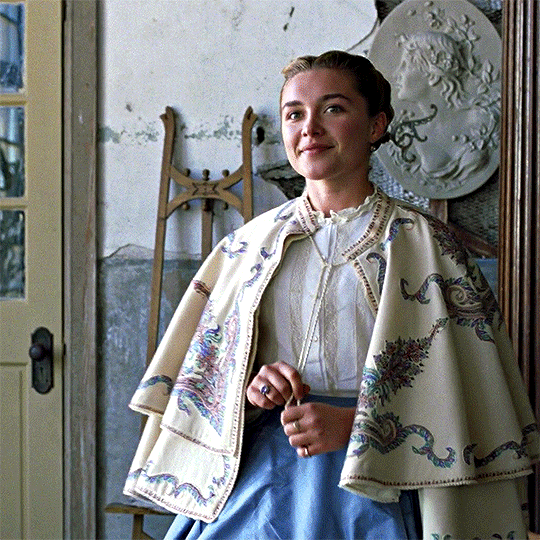
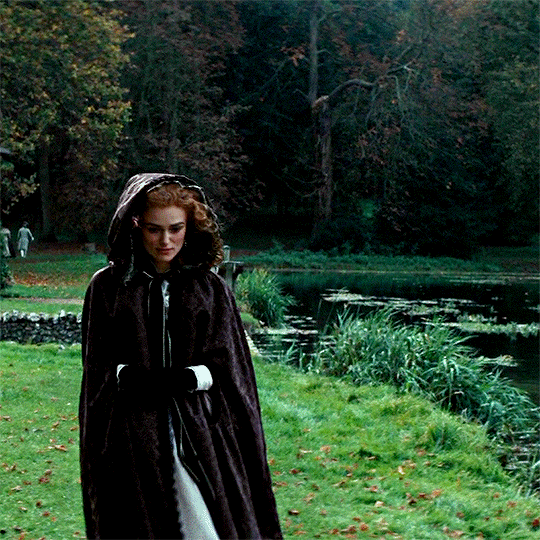


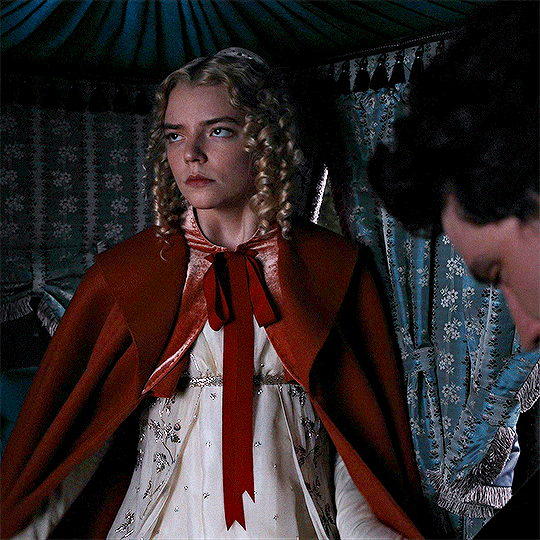


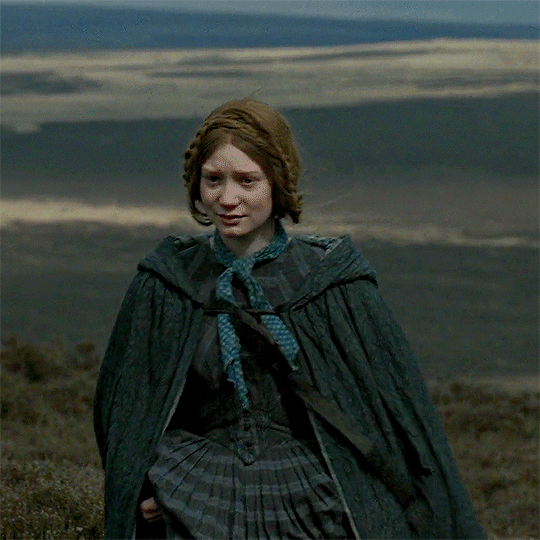

period drama + capes/cloaks
LITTLE WOMEN (2019)
THE DUCHESS (2008)
ANNE OF GREEN GABLES (1985)
EMILY (2022)
EMMA. (2020)
ANNA KARENINA (2012)
PORTRAIT OF A LADY ON FIRE (2019)
JANE EYRE (2011)
THE MUSKETEERS (2014 - 2016)
#perioddramaedit#costumeedit#filmedit#filmgifs#perioddramasource#userbennet#tusereliza#userpavlova#userseeleybooth#little women#the duchess#anne of green gables#emma.#emily#anna karenina#portrait of a lady on fire#jane eyre#the musketeers#*compilation#*costumes#*
1K notes
·
View notes
Text


Jane Eyre (2011) dir. Cary Joji Fukunaga
1K notes
·
View notes